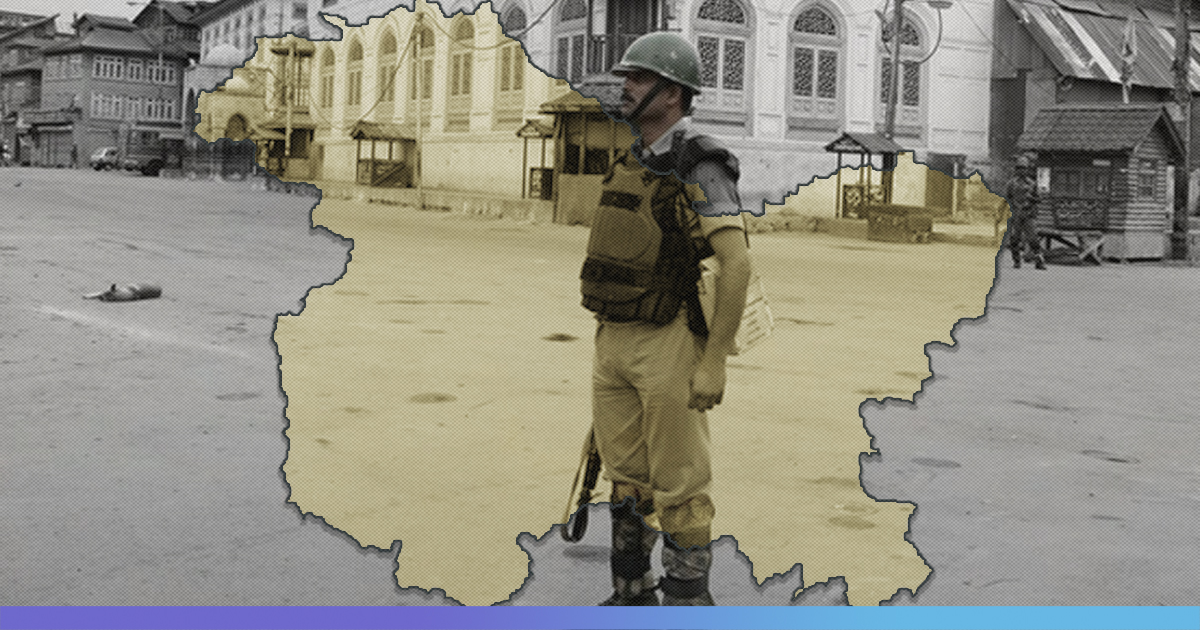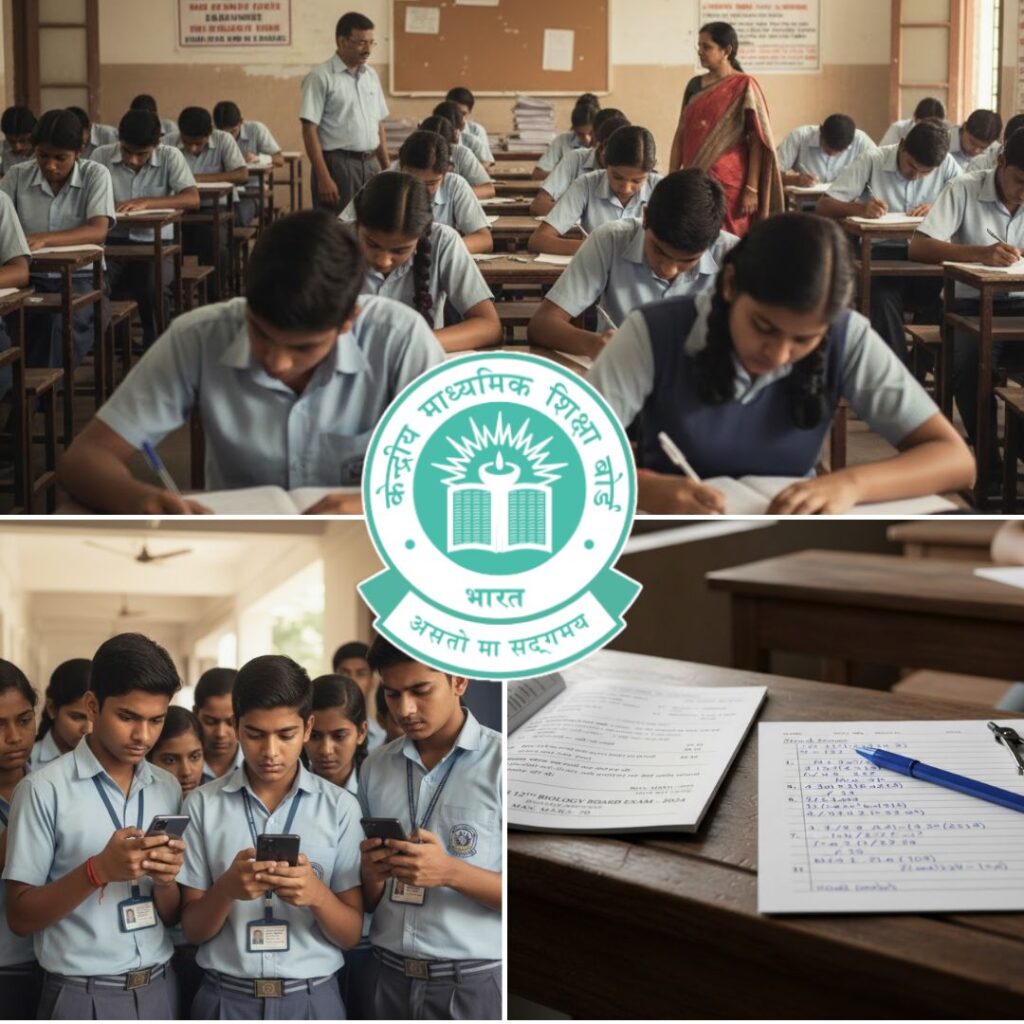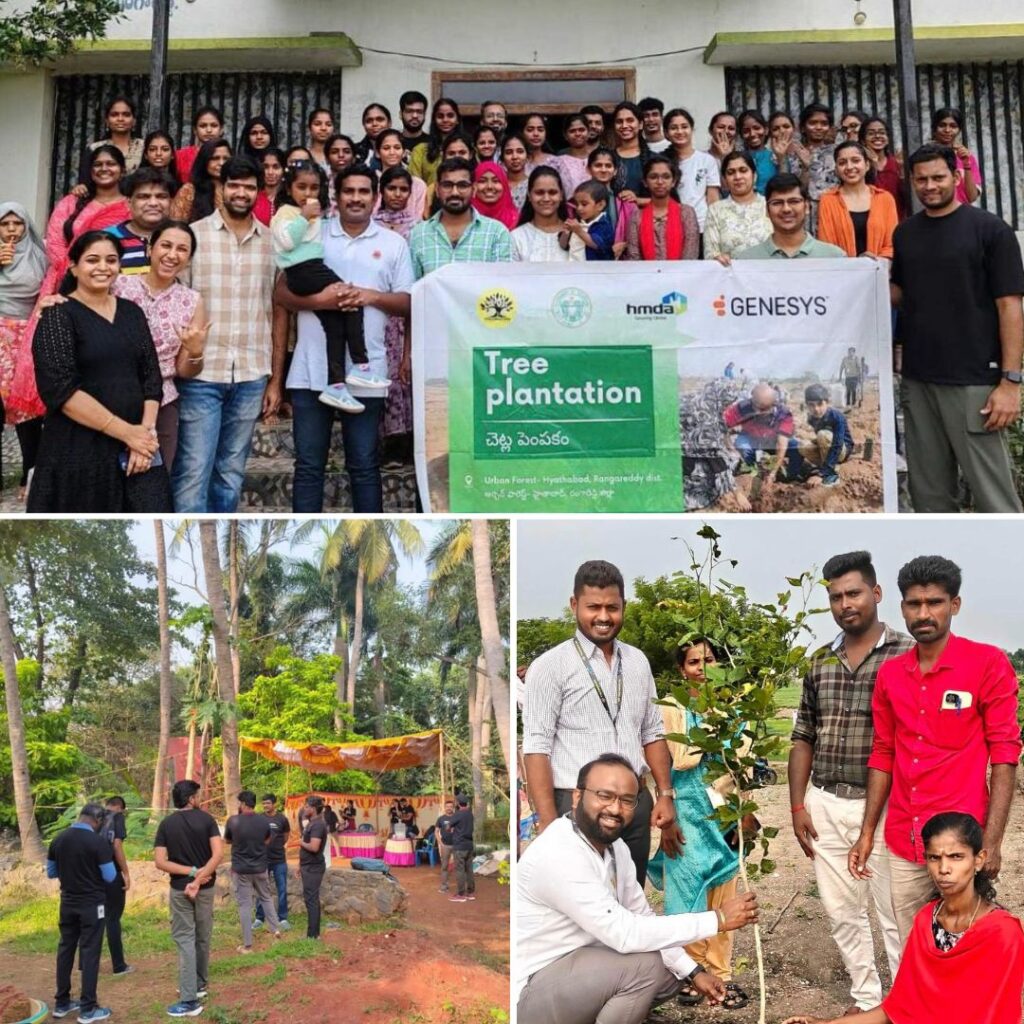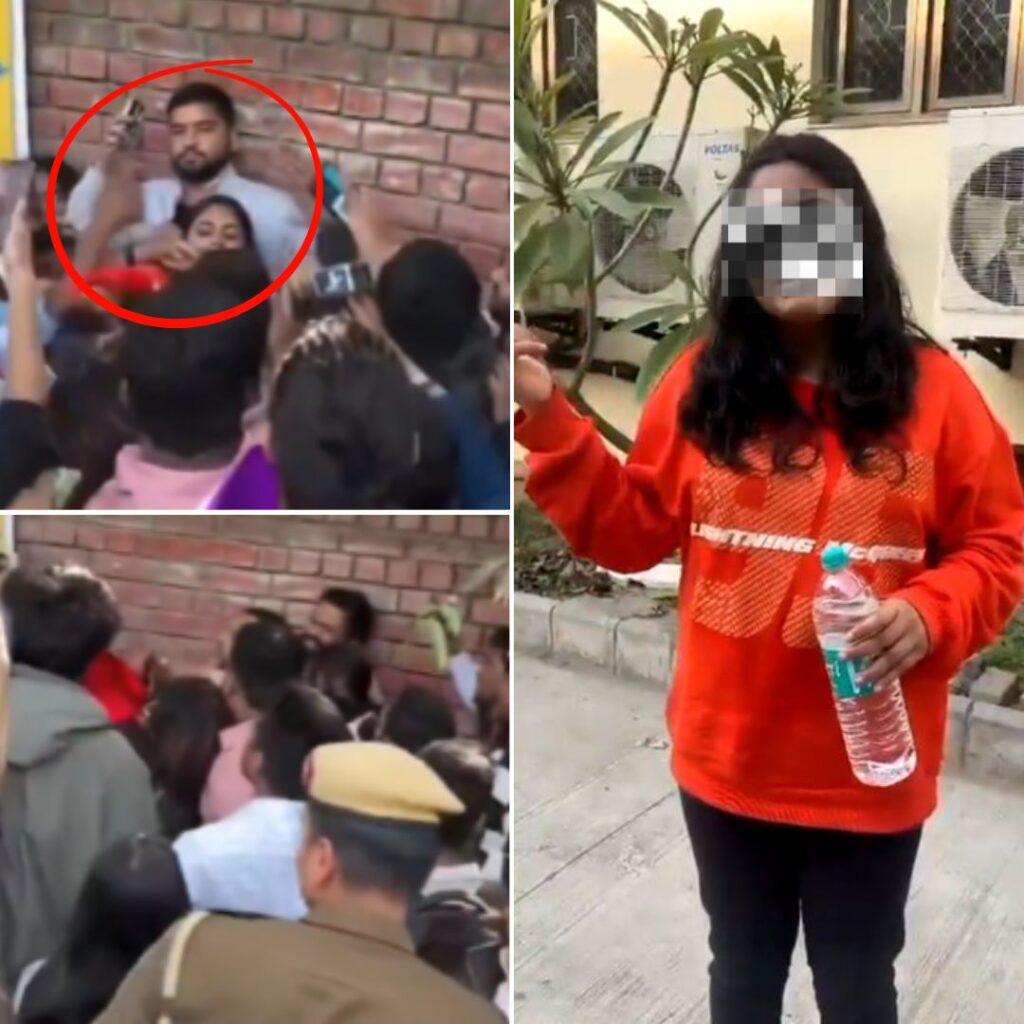The Supreme Court on August 14, refused to pass an order on the clampdown in Kashmir. The verdict came after the government assured that the situation on the ground was being monitored regularly and that the curbs would be lifted as soon as the situation became ‘normal’.
The Home Minister said that the restrictions in Kashmir would be lifted in a phased manner. While some of the media reports said that the restrictions would be removed after the Independence Day, no such formal announcement has yet been made by the government.
Over 400 political leaders of Kashmir valley have been kept under detention, including two former Chief Ministers, former IAS officer and founder of Jammu and Kashmir People’s Movement Shah Faesal.
The stringent restrictions and curfew are causing more troubles than one since people in the valley are facing a shortage of daily household items. Restrictions in Jammu region have completely been lifted.
Shortage of Essentials
The central government snapped all lines of communication, including internet, telephone and televisions were cut down on August 4, a day before Amit Shah announced abrogation of Article 370. Reportedly, this was the first time that during a communication blackout in the valley even landlines stopped working. The postal services have also been suspended ‘until further orders’.
No. Until further orders.
— India Post (@IndiaPostOffice) August 13, 2019
‘Curfew passes’ are issued to people who are in need of immediate medical aid. With half a million security personnel the civil movement in the valley is highly scrutinized and restricted.
The communication blockade is having a severe impact on the medicine stock of the valley. As reported by The Indian Express, several chemist shops, even having stocked up large quantities earlier, fear running out medicines very soon.
Ration and food stock has also been dwindling. The government had announced that the restrictions would be eased ahead of Eid-ul-Adha for the easy inflow of essentials for the festivals.
When the curfew was briefly eased on the day of the festival, locals were quick to queue up in front of ATMs and ration shops. The curfew was eased in at least three areas of Srinagar.
While speaking to The Times of India, Governor Satyapal Mallik said, “We don’t want to give that instrument to the enemy until things settle down.”
Despite strong criticism from Human Rights Groups, PM Modi, in his independence speech said, “Those who supported Article 370, India is asking them-if this was so important and life-changing, why was this article not made permanent.”
He further added, “One Nation, One Constitution — this spirit has become a reality and India is proud of that.”
Also Read: Twitter Suspends Four Accounts After Centre Objects To Handles Spreading Fake News On Kashmir












